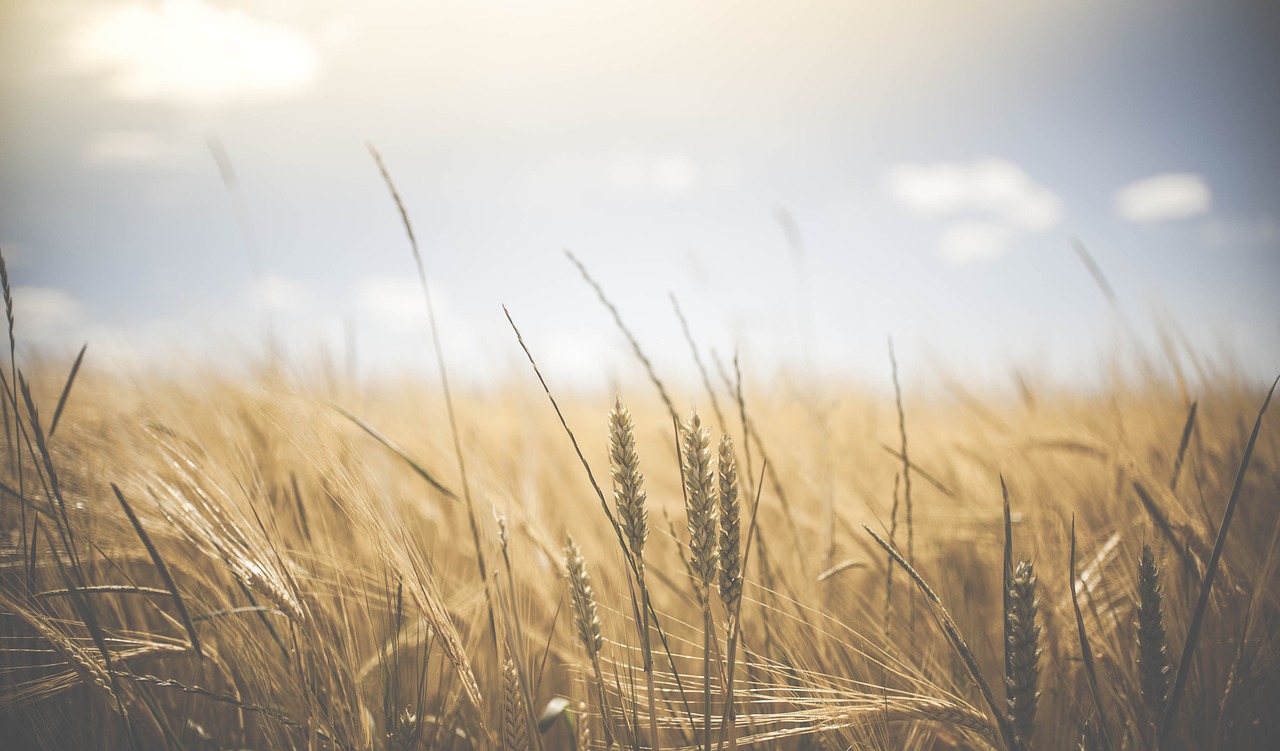The roots of modern agriculture can be traced to the Middle East. There, farmers grew fruits, vegetables, and grains in the rich soil and prime conditions of the Fertile Crescent.
In recent decades, however, climate change, industrialization, population growth, and other seismic transformations have significantly impacted—and in many cases, harmed—the Middle East’s agricultural sector. Now, the region is a leader in food imports.

Food Tank is a non-profit organization that promotes solutions and environmentally sustainable ways to alleviate hunger and poverty. It recently published a list of organizations that are changing the food system and how agriculture is practiced in the Middle East.
According to Food Tank, these groups’ work is returning the Middle East to its agricultural traditions as they focus on preserving traditional diets, farming practices, and ancestral knowledge. Here are some of the organizations that Food Bank highlights.
Re:Food (Kuwait)
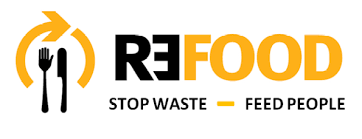
This organization, which was founded in 2014, focuses on reducing food waste in Kuwait’s food and beverage industry. Its primary work is rechanneling excess food that is safe but otherwise wasted from suppliers, distributors, and manufacturers to people who are in need.
Re:Food packages extra food into nutritionally balanced grocery baskets for its recipients. The organization already has been recognized regionally for its work. In 2018, it won the Kuwait Award for Excellence and Creativity.
The Iraqi Seed Project (Iraq)
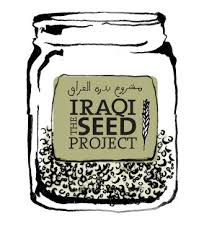
Like other Arab countries, Iraq’s once thriving agriculture industry is suffering. Most of the country’s food supply now is imported. The Iraqi Seed Project focuses on the country’s rural farmers and shares the realities of their lives as impacted by years of conflict and the ensuing foreign aid the flowed in.
Through media such as film and educational resources, the Project tells small farmers’ stories and chronicles Iraq’s agricultural heritage to better connect the rural population of countries that have dealt with war and conflict.
My Arabian Almanakh (United Arab Emirates)
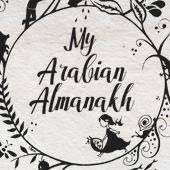
This organization started as a Facebook page for urban gardening tips that was organized by a small group of women who love nature. Now, the group strives to bring people closer to nature through My Arabian Almanahk, an illustrated urban gardening journal designed for the Arab world.
Along with facts and advice, the journal shows readers how to make changes in their lives to live more in harmony with the natural world. The 16-month journal covers topics such as how to grow your own food, choose natural pesticides, and create and maintain a green space. It’s now a published guidebook for urban residents interested in gardening, even if the only available space they have for growing things is a balcony.
SEKEM (Egypt)
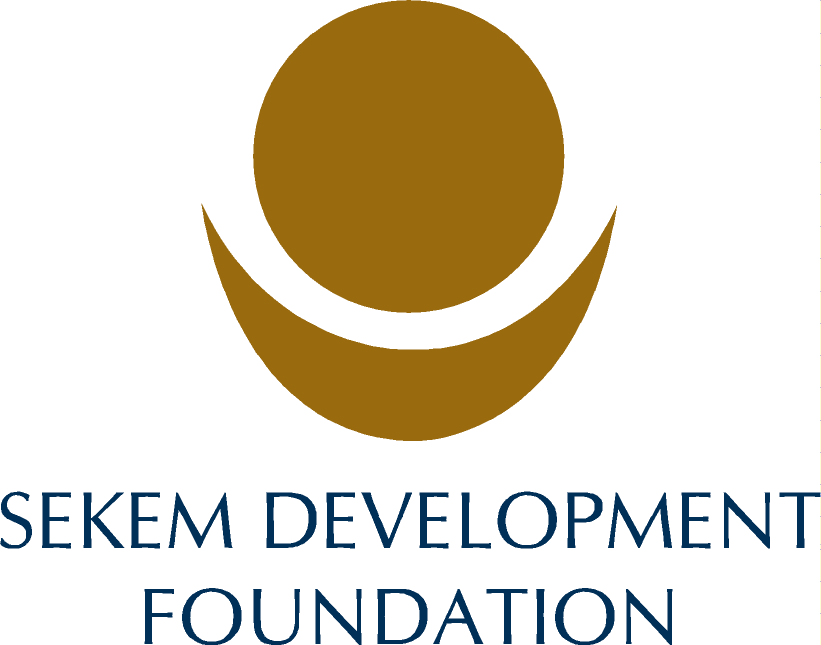
Founded more than 40 years ago, SEKEM focuses on sustainable development and strengthening communities in Egypt. The organization works on a number of fronts, including promoting organic agriculture and zero waste, in what it describes as a “challenging environment.”
To support its efforts, SEKEM makes organic and biodynamic products that are sold in the Arab region through more than 800 associated farms and partnerships with groups such as the Centre for Organic Agriculture in Europe. The profits from SEKEM’s agri-businesses pays for everything from medical clinics to facilities for children.
Caesar Cider (Lebanon)
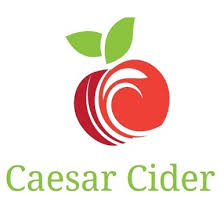
Caesar Cider was founded in 2017 to support Lebanon’s small apple farms. It is responding to an apple crisis in the region, a culmination of climate change hurting Lebanon’s apple market, competition from European growers, and agricultural trade routes closing through Syria.
The company produces alcoholic cider, a first for a Lebanon-based business. This gives the country’s 85,000 apple growers a new outlet for their product. It’s already on tap on restaurants, and company owners are continuing to market this home-grown beverage. Another benefit? Apples with blemishes can be used for cider and apple juice, which reduces waste.
al Hima (Jordan)
Focused on creating a secure food future for Jordan, al Hima works to increase the public’s awareness of issues involving food quality and sustainability. It also helps farmers get their produce to buyers via local markets.
The organization helps Jordanian farmers get local, organic seeds and make the public and restaurants more aware of the value of heirloom foods. As a founder of the Slow Food Jordan movement, al Hima also organizes events for restaurants, schools, cooks, and farmers.
Ark of Taste (Israel)
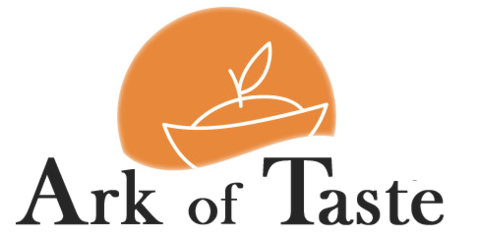
This organization has created a catalog of items from across the world that are in danger of extinction, including animal breeds, cheese, fruits, vegetables, and breads. Many products that originate in Israel are included. For example, matzo is a type of bread made from a grain that requires specialized conditions such as no rain exposure and traditional handpicking.
Because it has become so difficult to produce this flour, matzo bakeries in Israel are closing. Ark of Taste is working to ensure that matzo, along with many other Middle Eastern agricultural products, does not disappear.

